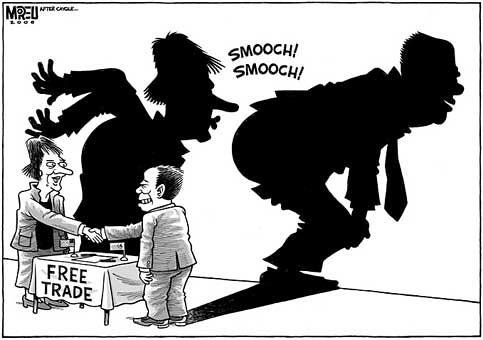Over at the Hand Mirror, the Ex-Expat vents at the Sunday Star-Times piece on how New Zealand women aren't having as many children as they used to:
Unless I misunderstood my sex ed classes, I was under the impression that men were also needed to create offspring and ideally should be around to help raise them.In this story, though, its more of a reflection of demographers' methodological practices (for obvious reasons, it is easier to count children by asking mothers than fathers) than an attempt to push gender roles. More interesting is the attitude to childlessness itself. Rather than approaching it as a matter of individual choice, it is seen as a problem, which will lead to labour shortages and impose costs on the state (no mention is made of the substantial education, health, and ecological costs which are saved by not breeding). And reading the actual report [PDF] on which the article is based, even the title ("Busy making other plans") suggests that childlessness is more accidental than desired, as if those other plans for education, a career, or indeed a life were not a conscious choice to prioritise those things above having children.I am well aware that men's reproductive lifespan is far longer which is part of the reason for the undue focus on women's reproduction. However what is making my blood boil is the underlying assumption of this and other stories is that women are the ones that will take time out to raise a family.
It would be nice if, just for once, they recognised that voluntary childlessness was not a problem, or a matter of frustrated choices, but frequently a matter of individual preference, and as valid a choice as breeding.
